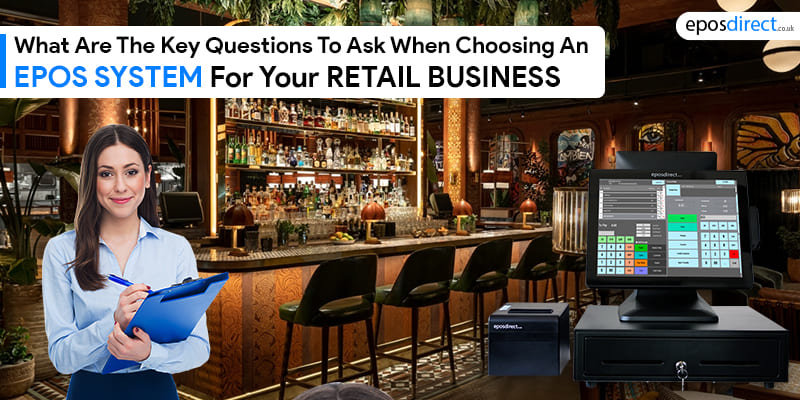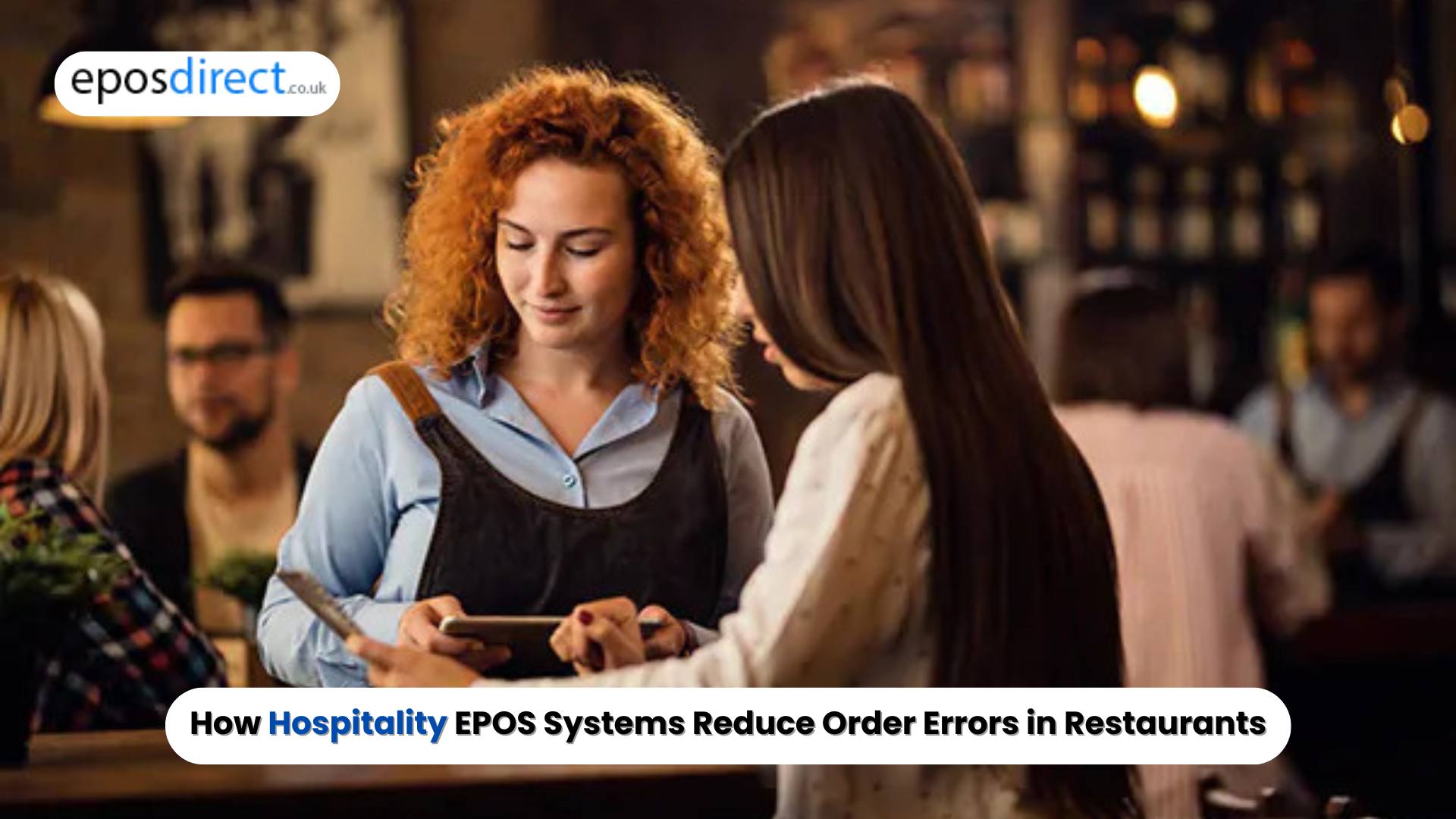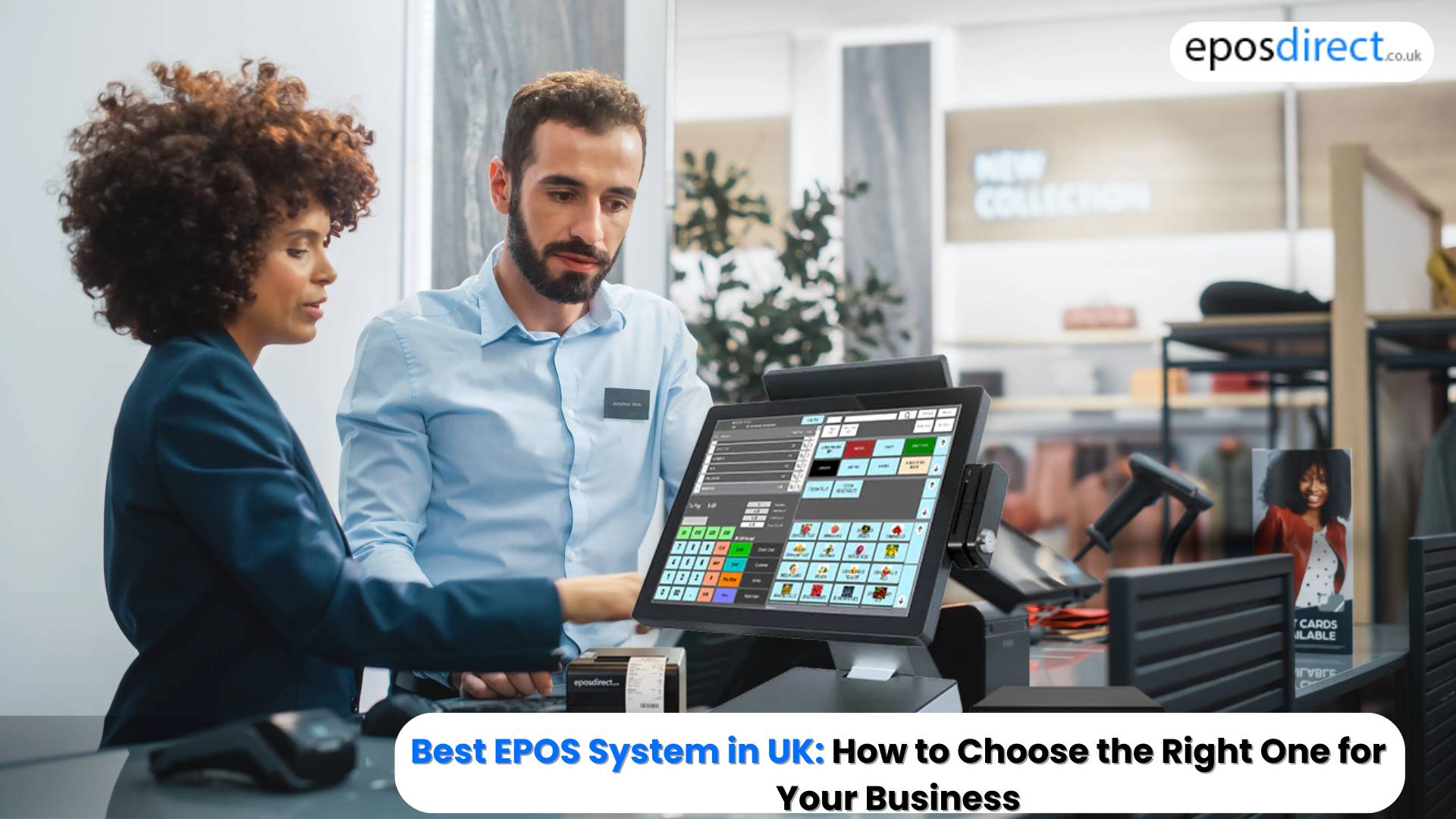We use cookies to make your experience better.
To comply with the new e-Privacy directive, you agree to the privacy policy and our use of cookies
The Factors Behind Restaurant Failures and the Role of EPOS Systems in Ensuring Success

The restaurant industry is a challenging and dynamic one, with countless entrepreneurs attempting to carve out their space in this competitive landscape. However, the reality is that a significant number of restaurants fail within the first few years of operation. While multiple factors contribute to these failures, one tool that has emerged as a potential solution is the Electronic Point of Sale (EPOS) system. In this article, we will explore the various reasons behind restaurant failures and delve into how EPOS systems can play a pivotal role in enhancing the chances of success.
Factors Behind Restaurant Failures:
- Inadequate Business Planning:
Many restaurant owners enter the industry without a comprehensive business plan. Without a clear understanding of their target audience, location analysis, competitive landscape, and financial projections, they are at a higher risk of failure.
- Poor Financial Management:
Mismanagement of finances is a leading cause of restaurant failures. Ineffective cost control, improper budgeting, and lack of financial discipline can quickly lead to cash flow problems and eventual closure.
- Location and Ambience:
A restaurant's location and ambience significantly impact its success. Choosing a location without considering factors like foot traffic, visibility, and local demographics can lead to decreased patronage. Likewise, an uninviting or mismatched ambience can deter potential customers.
- Inconsistent Quality:
Consistency in food quality, taste, and service is crucial for retaining customers. Restaurants that fail to deliver a consistent experience often lose their clientele to competitors who provide reliable quality.
- Ineffective Marketing and Branding:
Poor marketing strategies and branding efforts can result in low customer awareness and patronage. In the digital age, having a strong online presence and engaging in effective marketing campaigns are essential for attracting and retaining customers.
- High Staff Turnover:
Employee turnover is common in the restaurant industry due to long hours, low wages, and demanding work conditions. High turnover leads to training costs, service inconsistencies, and a negative impact on the overall customer experience.
- Lack of Innovation:
Restaurants that fail to adapt to changing customer preferences and trends risk becoming stagnant. Innovation in menu offerings, technology integration, and customer engagement is crucial to staying relevant.
- Operational Inefficiencies:
Inefficient processes, inadequate inventory management, and slow service can frustrate customers and lead to negative reviews. Such operational challenges can drive customers away and tarnish a restaurant's reputation.
The Role of EPOS Systems in Ensuring Success:
The Electronic Point of Sale (EPOS) system has emerged as a powerful tool that can address many of the challenges faced by restaurants. Here's how the restaurant EPOS system can contribute to a restaurant's success:
- Streamlined Operations:
EPOS systems automate various processes, including order-taking, billing, and inventory management. This automation reduces the chances of human error, enhances order accuracy, and speeds up service, leading to improved customer satisfaction.
- Efficient Inventory Management:
You can track real-time inventory levels and provide insights into which items are selling well and which are not. This data enables restaurants to optimize their menu offerings, reduce wastage, and make informed purchasing decisions.
- Data-Driven Decision Making:
Generate valuable data on customer preferences, peak hours, popular menu items, and more. Analyzing this data allows restaurants to tailor their offerings, promotions, and marketing efforts to better meet customer demands.
- Enhanced Customer Experience:
EPOS system can store customer preferences, allergies, and special requests. This information allows staff to provide personalized service, creating a memorable dining experience that encourages repeat visits and positive word-of-mouth.
- Integrated Online Ordering:
Many EPOS systems offer integration with online ordering platforms and mobile apps. This feature allows restaurants to tap into the growing trend of online food orders and reach a wider customer base.
- Accurate Financial Tracking:
A POS system can automatically record sales, expenses, and other financial data, simplifying the process of financial management and reporting. This reduces the likelihood of financial errors and helps restaurant owners make informed decisions.
- Staff Management:
POS systems can include features for employee scheduling, time tracking, and performance monitoring. Effective staff management leads to better service, lower turnover, and improved operational efficiency.
- Compliance and Security:
The hospitality EPOS system can help restaurants adhere to regulatory requirements, such as tax calculations and reporting. Additionally, they offer secure payment processing, protecting both the restaurant and its customers from potential breaches.
- Scalability:
As restaurants grow and expand, EPOS systems can easily accommodate increasing order volumes and additional locations. This scalability ensures that the system remains effective in supporting the restaurant's operations.
Conclusion:
The restaurant industry is undoubtedly challenging, and the factors contributing to failures are numerous and complex. However, the advent of EPOS systems has introduced a promising avenue for overcoming many of these challenges. From streamlining operations and enhancing customer experiences to providing data-driven insights and aiding in financial management, EPOS Direct POS systems play a pivotal role in increasing a restaurant's chances of success. By embracing technology and leveraging the capabilities of EPOS systems, restaurant owners can not only survive but thrive in this competitive landscape, creating memorable dining experiences and fostering long-lasting customer relationships.







